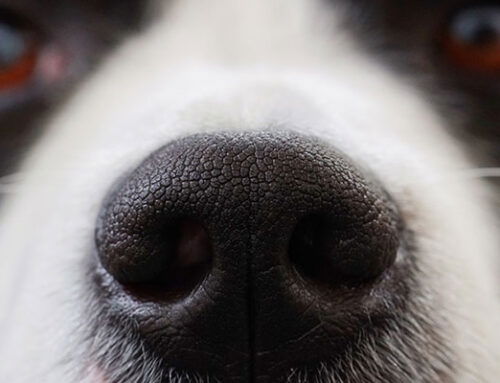I was not a bookworm as I grew up. I read relatively little and wrote only one ‘term paper’ in high school. At best I skimmed the assigned readings over the summer vacations in high school. Thus, my freshman course at Harvard requiring that we write an essay every two weeks throughout the semester was a frightening experience. Nonetheless I savored the literature courses I took later at Harvard – I was in awe of Shakespeare’s tragedies and Cervantes’s Don Quixote and Lord Byron’s Don Juan – yet biology, my major, loomed as the greatest attraction. No literature equaled the sophistication of chemistry or the miracle of an embryo elaborating a brain capable of generating a thought or feeling an emotion. Yet, as much as I was drawn to science and the mysteries of nature, the concepts in biology and chemistry challenged me. For example, what exactly was energy stored in the phosphate bond of the molecule adenosine triphosphate, known as ATP?
Already in college, then, I vacillated between contradictory yearnings to be in two worlds – science and literature. I felt a partial misfit, an imposter, in each. I thought too subjectively for the rarefied sciences and too objectively for the humanities. I was squeezed in the middle. I pursued science without regret, but at times felt out of place – vulnerable – as if an invisible wave would sweep me out to sea. At such times I was a stranger to myself and would ask myself, “Just who are you?” Such experiences continued throughout my scientific career.
I remember once, not too many years ago, walking along a tree-lined road on a sunny fall day with a friend. “Just look at the colors of these leaves and the remarkable, twisted shapes of the branches!” he exclaimed. And then he added, “Oh, you’re a scientist. You wouldn’t understand.”
What? He must be kidding; but no, I didn’t think he was.
“Whatever he thinks is irrelevant,” I said to myself, trying to cool my anger unsuccessfully, yet wondering if there was a germ of truth to his opinion. But why would it matter if he considered me a dry scientist excluded from the artistic circle of humanity? What mattered, I thought, was feeling lonely in the outskirts of art. Whatever the truth, I still found the colors of the leaves extraordinary, but knew that my life’s canvas, including science, needed fresh paint to complete the image.
I was 56 years old and in the prime of my scientific career when I first experimented with writing fiction. My wife Lona and I were in Bar Harbor, Maine on vacation. We had hiked along a forested path and rested when we found a scenic view overlooking a bay. Lona said she wanted to sketch the scene and took paper and pastel crayons out of her backpack. I leaned against a tree with a pad of paper and a pen hoping to open a new chapter in my life, but I had no idea what to write about. My childhood? Science? Being on vacation?
“Just write! Anything!” I scolded myself, but still no idea came to mind, my words swallowed by opportunity, my imagination threatened by a blank page. Was I just attracted to the idea of writing? And then I noticed that the thoughts that jumped in and out of my mind, apparently at random, did not have equal weights. Some slid past almost unnoticed, while others lingered, tempting me to explore their content. Each thought had its own chemistry for me, as each window in a house exposes a different view or each new acquaintance projects his or her own nature, perhaps an ease or inquisitive mind, some untested quality that attracts (or repels).
Sitting in blissful silence on soft yet prickly pine needles, surrounded by the sweet smell of cedar, warmed by the reddening afternoon sun, and watching the ants and assorted insects go about their daily business, I recalled a similar difficulty starting my graduate research at Caltech. Some topics aroused my curiosity, developmental biology for example, while others did not, even in the same general area. One topic wasn’t fundamentally more interesting or important than another. The topics that attracted me connected with some layer of my core, regardless of whether or not I had an inkling of what gave birth to that part of me. Certainly there must be complex reasons for being motivated by one subject but not by another? …






Leave A Comment